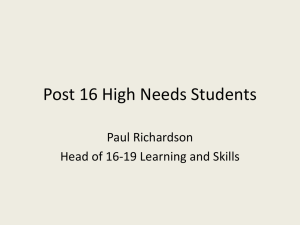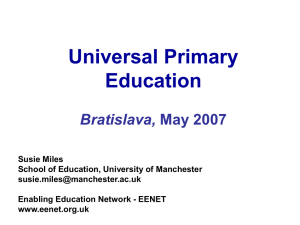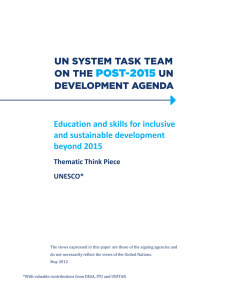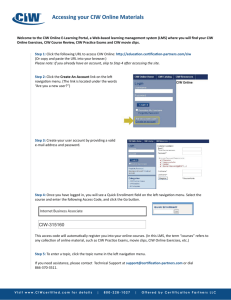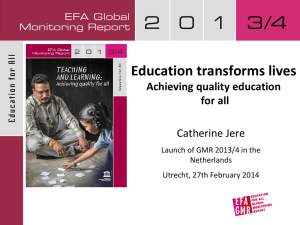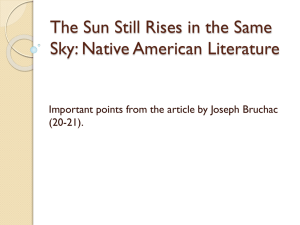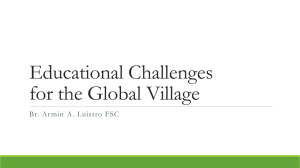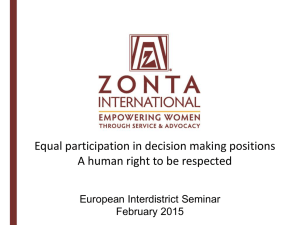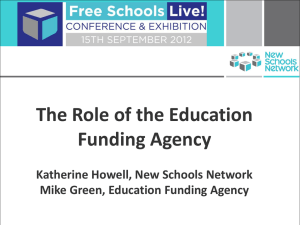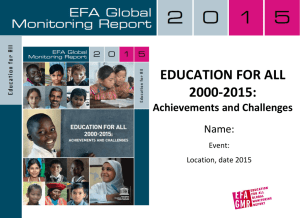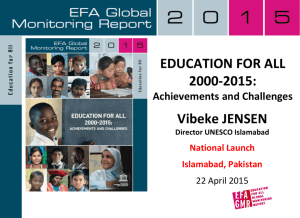Linkages with Bali - Teacher Education
advertisement
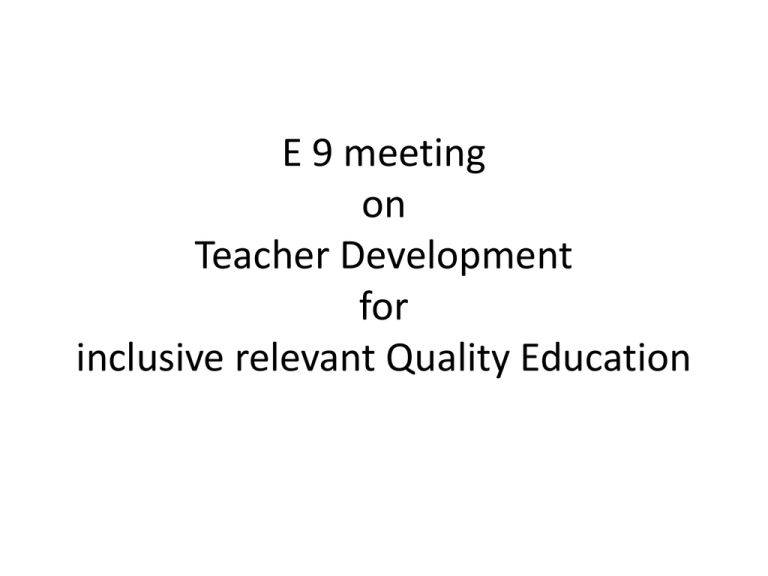
E 9 meeting on Teacher Development for inclusive relevant Quality Education The critical role of E 9 • The E 9 countries represent 60% of the world’s population and 2/3 of the children out of school • EFA goals on early childhood care and education, primary education, youth and adult learning needs, literacy, gender equality and quality in education will therefore, not be achieved globally if they are not achieved in the E-9 countries. Linkages with Bali 2008 • The E 9 Ministers of Education, senior officials and educational professionals met in Bali, Indonesia, from 10 to 12 March 2008, reaffirmed the central role of a sufficient, motivated and professionally competent teaching force in the achievement of the EFA goals. • No education system can rise above the quality of its teachers, as they are key factors in improving the quality of education as well as expanded access and equity Linkages with Bali (Contd.) • Employment conditions, retention, professional training and career prospects of teachers • The use of Information and Communication Technologies (ICT) and Open and Distance Learning (ODL) for teacher training • South South co-operation - reaffirmed the role and value of the E-9 as a platform for the exchange of knowledge, best practices, lessons learned and expertise in education, in view of the rich and diverse experiences which the E 9 countries have to share and the comparable challenges which they face. Linkages with Bali (Contd.) • Strengthen Education Management Information Systems (EMIS) and ensure the inclusion of comprehensive data on teachers; • Develop evidence-based teacher-related policies, including teacher education and training, as an integral part of systemic education reform; • Develop teacher professional standards for quality assurance; • Promote, partnerships in each country, among government, nongovernmental and academic organizations and institutions, in the research, development and dissemination of innovative approaches to teacher development to meet the emerging education challenges of the 21st century; • Develop regional and sub-regional projects and collaborative research and studies, with particular regard to ICTs and ODL, with technical support from the E-9 Secretariat and from UNESCO; Fourth International Policy Dialogue Forum on Teacher Challenges for EFA in India Professional development of teachers ; Decentralization: challenges and steps forward; Gender issues in teaching force Public-private partnerships to address the teacher gap; Inclusive education: Teachers for children with special needs Monitoring & Evaluation of teacher policy reforms. Key lessons • Cross fertilization needed with global perspectives on issues • Teacher Education still lies in behaviouristic paradigm whereas we emphasize on constructivism in schools. Need to have organic linkages of the TE with other departments within university. Revitalisation of DIETs is essential. Teaching is a social practice and not a technical practice. • Need to move away from dualities in teacher education Key lessons 2 • Success of distance education programme through ICT needs more research. • Focus on institutional frameworks for TE rather than individual teachers. • Building capacities of teachers for contextualization and the development of appropriate teaching/learning methodologies. • Developing strategies for mobilizing community participation Developments in India • The National Curriculum Framework on Teacher Education (NCFTE, 2009); • Model curriculum prepared in line with the NCFTE • Assessment of the capacity building needs and training capacity in different states • Minimum qualifications for teachers for Class I-V, and classes VI-VIII; • Degree/Diploma in Special Education recognised as it orients and prepares teachers for looking into the special educational needs of differently abled children. • Teacher Eligibility Test (TET), to ensure that only qualified persons with the right aptitude, knowledge and orientation join the teaching profession. • Revamping National Council on Teacher Education • Launch of national programme for revamping teacher education in the country A Decade of Progress Toward EFA Majority of children enrolled in formal primary schooling Out-of-school, primary school age, children have declined For many countries gender parity in primary education seems feasible by 2015 Millions of adults have become literate Literacy scenario in India 90 82.14 80 74.04 70 PERCENT 60 52.21 50 20 10 53.67 45.96 40 30 65.46 64.13 39.29 34.45 27.16 18.33 25.05 21.97 24.84 21.59 16.68 8.86 0 1951 1961 1971 1981 1991 2001 2011 CENSUS YEAR Persons Males Females Male - Female gap in literacy rate EFA Goal 6 Remains a Challenge Improving all aspects of the quality of education and ensuring excellence of all so that recognized and measurable learning outcomes are achieved by all, especially in literacy, numeracy and essential life skills. Topics of discussion: Structure Of The Framework E 9 meeting on Teacher Development for Inclusive Relevant Quality Education • Builds on the recommendations of E 9 meet in Bali, and the work accomplished by the International Task Force on Teachers for EFA on teacher-related challenges, this E 9 meeting will focus on Teacher Development for Inclusive Relevant Quality Education and address the following four issues: 1. 2. 3. 4. Qualification framework and competency standards. Management of teacher education and the issue of quality inclusive education. Teacher education and training: the question of inclusive relevant quality education. Financing for the inclusion of teacher training for relevant quality education. Objectives of the meeting • Formulation of outline of an action plan for teacher development for inclusive relevant quality education in E-9 countries • Decisions on next steps • Articulation of the outcome of this meeting with the E-9 Ministerial Review Meeting later in the year Thank you!
